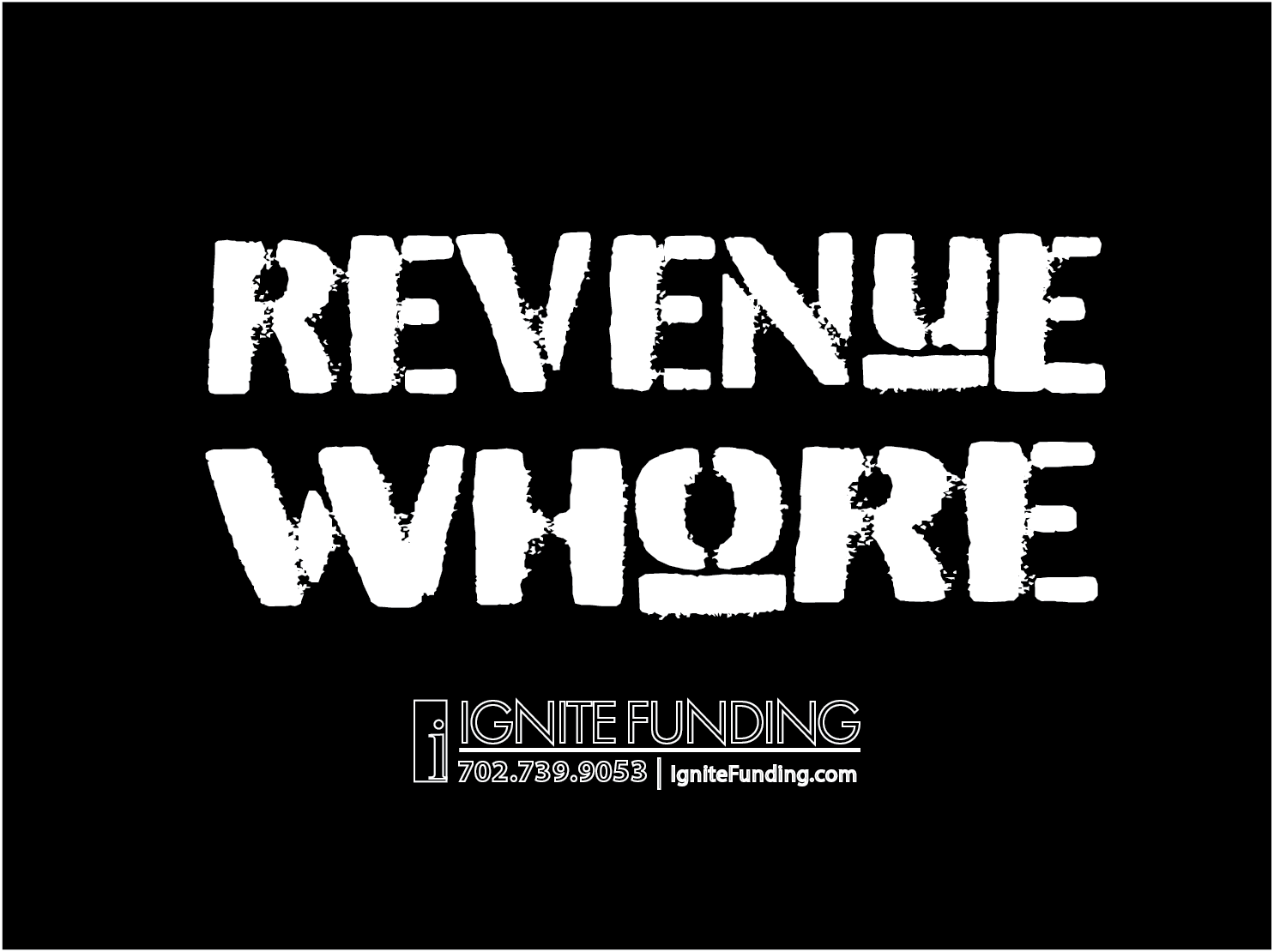The concept of hard money dates back to the Great Depression in the United States. The collapse of the banking industry destroyed consumer confidence and caused widespread panic, so individuals began withdrawing money from bank accounts and keeping it at home, which ultimately led to a mass reduction in the amount of money in circulation.
This resulted in people finding they were unable to access additional cash when they needed it. Lenders sought a solution to help resolve this by offering loans that utilized real estate as collateral. Due to the risky nature of this type of loan, higher interest rates were charged, but with no other way to get quick cash, many borrowers had no alternative than to take out hard money loans.
















